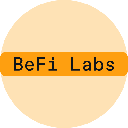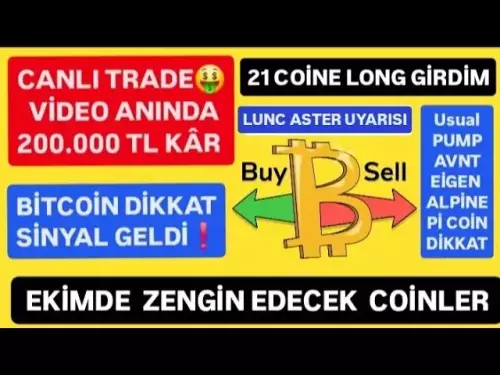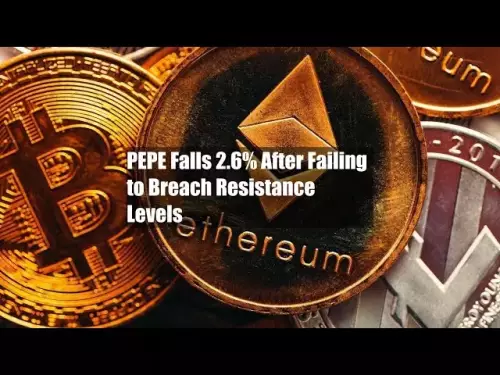-
 bitcoin
bitcoin $122025.899241 USD
-2.12% -
 ethereum
ethereum $4488.068729 USD
-4.11% -
 bnb
bnb $1315.348019 USD
8.65% -
 tether
tether $1.000457 USD
0.03% -
 xrp
xrp $2.875326 USD
-3.69% -
 solana
solana $222.043604 USD
-4.07% -
 usd-coin
usd-coin $0.999682 USD
0.00% -
 dogecoin
dogecoin $0.249887 USD
-5.62% -
 tron
tron $0.337379 USD
-2.59% -
 cardano
cardano $0.827763 USD
-5.06% -
 hyperliquid
hyperliquid $45.774531 USD
-2.43% -
 chainlink
chainlink $22.079309 USD
-5.87% -
 ethena-usde
ethena-usde $1.000156 USD
0.02% -
 sui
sui $3.482566 USD
-3.57% -
 stellar
stellar $0.386982 USD
-4.92%
Why did my MetaMask transaction run out of gas?
Gas fees on Ethereum cover computational costs, and underestimating gas limits—especially with complex dApps or network congestion—can lead to failed transactions and lost fees.
Oct 08, 2025 at 05:36 am
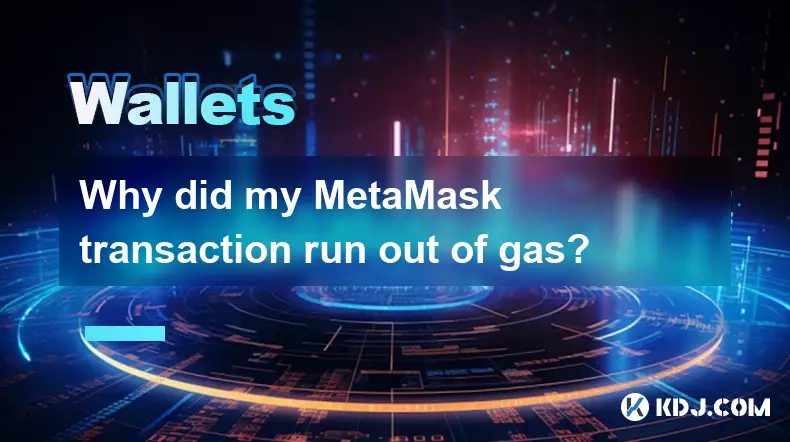
Understanding Gas in Ethereum Transactions
1. Gas is a unit that measures the computational effort required to execute operations on the Ethereum network. Every transaction, whether it involves transferring ETH or interacting with a smart contract, consumes a certain amount of gas. The total cost depends on both the gas limit set and the gas price specified in gwei.
2. When you initiate a transaction through MetaMask, you must define a gas limit. This represents the maximum amount of gas you are willing to spend on the transaction. If the execution exceeds this limit, the transaction fails and the gas is consumed without completing the intended action.
3. Smart contract interactions often require more gas than simple ETH transfers. Complex functions such as token swaps, staking, or minting NFTs involve multiple operations. Underestimating the required gas can result in failure even if funds are sufficient in the wallet.
4. Network congestion plays a crucial role in gas behavior. During peak times, miners prioritize transactions offering higher gas prices. A low gas price might cause your transaction to remain pending for extended periods, increasing the chance of failure due to fluctuating conditions.
5. MetaMask attempts to estimate gas requirements automatically, but its predictions may fall short under specific circumstances, especially when dealing with non-standard contracts or dynamic logic within decentralized applications.
Common Reasons for Gas Limit Exceeded Errors
1. Insufficient gas limit setting is one of the primary causes. Even if MetaMask suggests a value, certain dApps trigger additional computations that the default estimation doesn’t account for. Manually increasing the gas limit can resolve this issue.
2. Interacting with poorly optimized smart contracts can lead to unexpectedly high gas consumption. Some older or inefficiently coded contracts perform redundant operations, driving up the gas needed beyond standard thresholds.
3. Failed transactions still consume gas because the network executes validation and computation steps before determining the failure. Users often misunderstand this, thinking they should get a full refund, but the gas fee pays for computational resources used.
4. Using outdated versions of MetaMask or browser extensions may result in incorrect gas calculations. Ensuring your wallet software is up to date helps avoid bugs related to transaction configuration.
5. Token approvals, particularly for ERC-20 tokens, sometimes require higher gas than expected. Approving unlimited allowances or interacting with multi-step protocols adds layers of complexity that impact gas usage.
How to Prevent Future Gas Failures
1. Review the gas estimation provided by MetaMask before confirming any transaction. If you're interacting with a new or unfamiliar dApp, consider adding a buffer—increasing the suggested gas limit by 10% to 20% can prevent underestimation.
2. Monitor current network conditions using tools like Etherscan’s gas tracker or GasNow. These platforms provide real-time data on optimal gas pricing, helping you choose competitive rates without overpaying.
3. For frequent interactions with specific contracts, test with a small transaction first. This allows you to observe actual gas consumption and adjust future settings accordingly.
4. Enable advanced settings in MetaMask to manually edit gas parameters. Customizing both gas price and limit gives greater control, especially during volatile network periods.
5. Double-check the recipient address and transaction data before submission. Invalid addresses or malformed input can trigger exceptions in contract code, leading to immediate gas exhaustion.
Frequently Asked Questions
What happens to my ETH when a transaction runs out of gas? The ETH used to pay for the gas is not returned. Although the transaction fails, the network still processes it and consumes resources, so the gas fee is forfeited.
Can I speed up a pending transaction that might fail due to low gas? Yes. Using MetaMask’s “Speed Up” feature allows you to resend the same transaction with a higher gas price. This replaces the original pending transaction and increases the likelihood of confirmation.
Does running out of gas mean I lost my tokens? No. Tokens remain in your wallet unless the transaction successfully executes. A failed transaction does not transfer or alter token balances—it only consumes gas.
Why do some dApps consistently require more gas than estimated? Certain decentralized applications use conditional logic or external calls within their smart contracts. These dynamic behaviors make accurate gas prediction difficult, often resulting in higher actual usage than initial estimates.
Disclaimer:info@kdj.com
The information provided is not trading advice. kdj.com does not assume any responsibility for any investments made based on the information provided in this article. Cryptocurrencies are highly volatile and it is highly recommended that you invest with caution after thorough research!
If you believe that the content used on this website infringes your copyright, please contact us immediately (info@kdj.com) and we will delete it promptly.
- BlockDAG, DOGE, HYPE Sponsorship: Crypto Trends Shaping 2025
- 2025-10-01 00:25:13
- Deutsche Börse and Circle: A StableCoin Adoption Powerhouse in Europe
- 2025-10-01 00:25:13
- BlockDAG's Presale Buzz: Is It the Crypto to Watch in October 2025?
- 2025-10-01 00:30:13
- Bitcoin, Crypto, and IQ: When Genius Meets Digital Gold?
- 2025-10-01 00:30:13
- Stablecoins, American Innovation, and Wallet Tokens: The Next Frontier
- 2025-10-01 00:35:12
- NBU, Coins, and Crypto in Ukraine: A New Yorker's Take
- 2025-10-01 00:45:14
Related knowledge
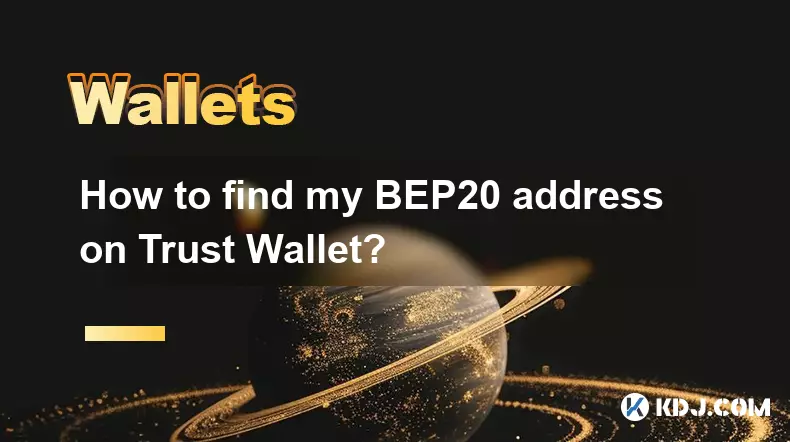
How to find my BEP20 address on Trust Wallet?
Oct 04,2025 at 06:19pm
Understanding BEP20 and Trust Wallet Compatibility1. Trust Wallet is a widely used cryptocurrency wallet that supports multiple blockchain networks, i...
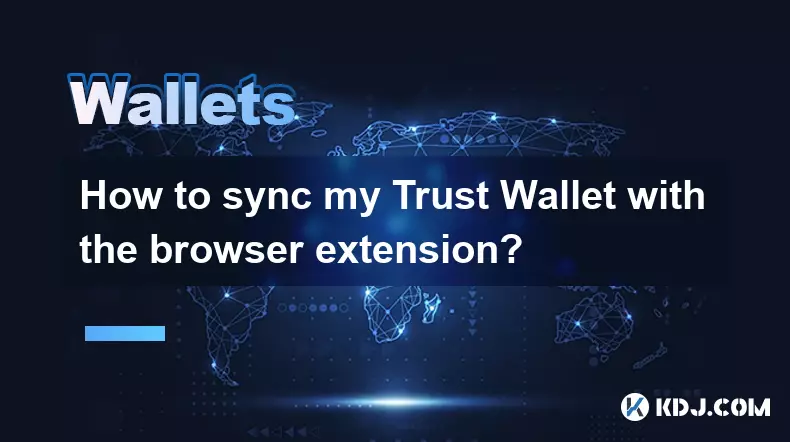
How to sync my Trust Wallet with the browser extension?
Oct 03,2025 at 06:19pm
Understanding Trust Wallet and Browser Extension IntegrationTrust Wallet is a popular non-custodial cryptocurrency wallet that supports a wide range o...
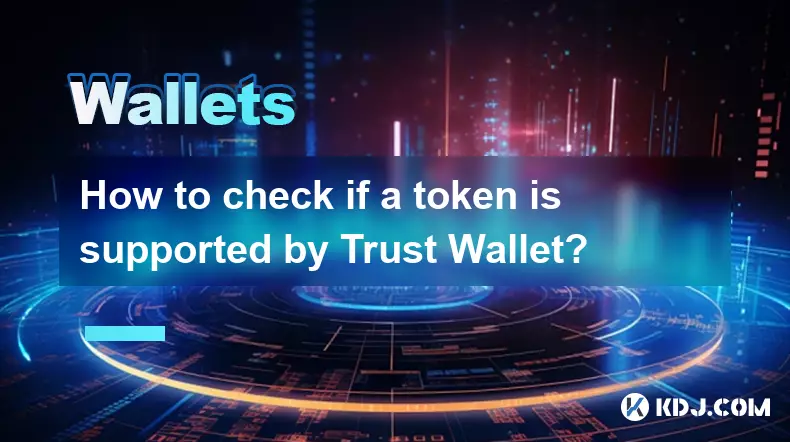
How to check if a token is supported by Trust Wallet?
Oct 04,2025 at 05:18am
Understanding Token Compatibility with Trust Wallet1. Trust Wallet supports a wide range of blockchain networks, including Ethereum, Binance Smart Cha...
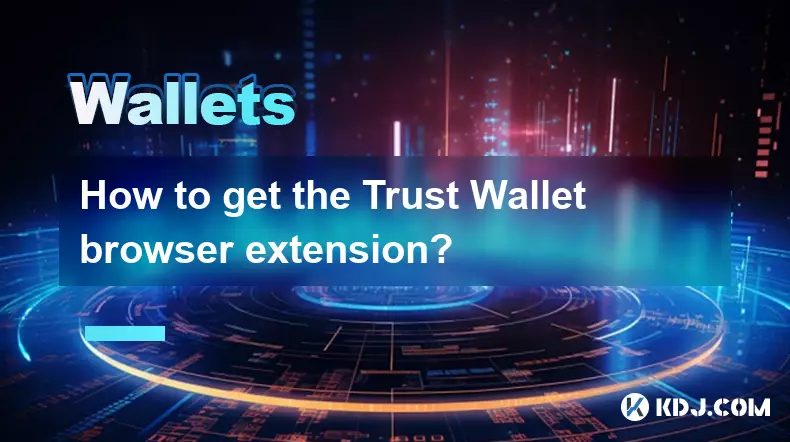
How to get the Trust Wallet browser extension?
Oct 01,2025 at 12:37am
How to Access the Trust Wallet Browser Extension1. Visit the official Trust Wallet website through a secure internet connection. Navigate to the downl...
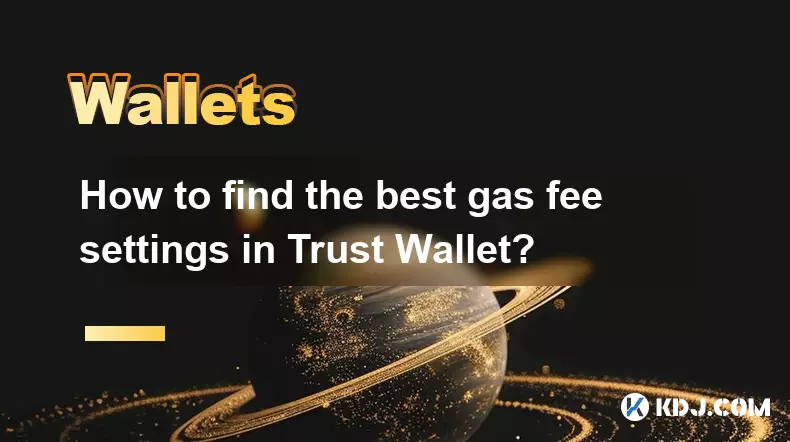
How to find the best gas fee settings in Trust Wallet?
Oct 08,2025 at 02:19am
Understanding Gas Fees in Trust Wallet1. Gas fees are transaction costs paid to miners or validators on blockchain networks like Ethereum and Binance ...

How to interact with a DApp using Trust Wallet?
Oct 02,2025 at 10:00pm
Connecting Trust Wallet to a DApp1. Open the Trust Wallet app on your mobile device and ensure your wallet is unlocked with access to your assets. Nav...

How to find my BEP20 address on Trust Wallet?
Oct 04,2025 at 06:19pm
Understanding BEP20 and Trust Wallet Compatibility1. Trust Wallet is a widely used cryptocurrency wallet that supports multiple blockchain networks, i...

How to sync my Trust Wallet with the browser extension?
Oct 03,2025 at 06:19pm
Understanding Trust Wallet and Browser Extension IntegrationTrust Wallet is a popular non-custodial cryptocurrency wallet that supports a wide range o...

How to check if a token is supported by Trust Wallet?
Oct 04,2025 at 05:18am
Understanding Token Compatibility with Trust Wallet1. Trust Wallet supports a wide range of blockchain networks, including Ethereum, Binance Smart Cha...

How to get the Trust Wallet browser extension?
Oct 01,2025 at 12:37am
How to Access the Trust Wallet Browser Extension1. Visit the official Trust Wallet website through a secure internet connection. Navigate to the downl...

How to find the best gas fee settings in Trust Wallet?
Oct 08,2025 at 02:19am
Understanding Gas Fees in Trust Wallet1. Gas fees are transaction costs paid to miners or validators on blockchain networks like Ethereum and Binance ...

How to interact with a DApp using Trust Wallet?
Oct 02,2025 at 10:00pm
Connecting Trust Wallet to a DApp1. Open the Trust Wallet app on your mobile device and ensure your wallet is unlocked with access to your assets. Nav...
See all articles

















